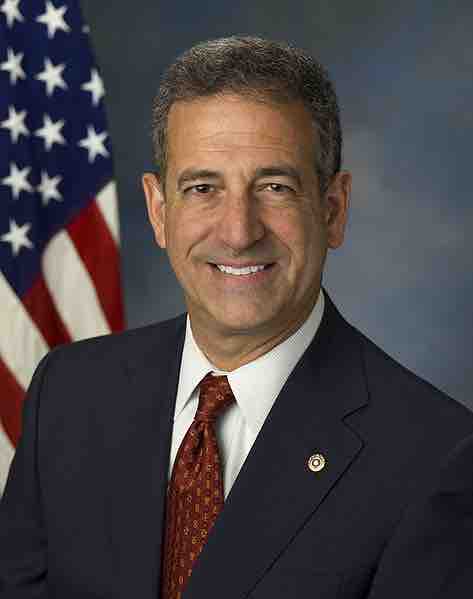Introduction
Campaign finance reform is the common term for the political effort in the United States to change the involvement of money in politics, primarily in political campaigns. Although attempts to regulate campaign finance by legislation date back to 1867, the first successful attempts nationally to regulate and enforce campaign finance originated in the 1970s. The Federal Election Campaign Act (FECA) of 1972 required candidates to disclose sources of campaign contributions and campaign expenditures. It was amended in 1974 with the introduction of statutory limits on contributions, and creation of the Federal Election Commission (FEC). It attempted to restrict the influence of wealthy individuals by limiting individual donations to $1,000 and donations by political action committees (PACs) to $5,000. These specific election donations are known as ‘hard money. ' The Bipartisan Campaign Reform Act (BCRA) of 2002, is the most recent major federal law on campaign finance, which revised some of the legal limits on expenditures set in 1974, and prohibited unregulated contributions to national political parties.
Federal Election Campaign Act
In 1971, Congress passed the Federal Election Campaign Act, requiring broad disclosure of campaign finance. In 1974, fueled by public reaction to the Watergate Scandal, Congress passed amendments to the Act establishing a comprehensive system of regulation and enforcement, including public financing of presidential campaigns and creation of a central enforcement agency, the Federal Election Commission. Other provisions included limits on contributions to campaigns and expenditures by campaigns, individuals, corporations and other political groups. However, in 1976 Buckley v. Valeo challenged restrictions in FECA as unconstitutional violations of free speech. The court struck down, as infringement on free speech, limits on candidate expenditures and certain other limits on spending.
Bipartisan Campaign Reform Act of 2002
The Congress passed the Bipartisan Campaign Reform Act (BCRA), also called the McCain-Feingold bill after its chief sponsors, John McCain and Russ Feingold . The BCRA was a mixed bag for those who wanted to remove big money from politics. It eliminated all soft money donations to the national party committees, but it also doubled the contribution limit of hard money, from $1,000 to $2,000 per election cycle, with a built-in increase for inflation. In addition, the bill aimed to curtail ads by non-party organizations by banning the use of corporate or union money to pay for "electioneering communications," a term defined as broadcast advertising that identifies a federal candidate within 30 days of a primary or nominating convention, or 60 days of a general election.

Russ Feingold
Senator Russ Feingold from Wisconsin.
Current proposals for reform
The voting with dollars plan would establish a system of modified public financing coupled with an anonymous campaign contribution process. It has two parts: patriot dollars and the secret donation booth. It was originally described in detail by Yale Law School professors Bruce Ackerman and Ian Ayres in their 2004 book Voting with Dollars: A new paradigm for campaign finance. All voters would be given a $50 publicly funded voucher (Patriot dollars) to donate to federal political campaigns. All donations including both the $50 voucher and additional private contributions must be made anonymously through the FEC. Ackerman and Ayres include model legislation in their book in addition to detailed discussion as to how such a system could be achieved and its legal basis.
Another method allows the candidates to raise funds from private donors, but provides matching funds for the first chunk of donations. For instance, the government might "match" the first $250 of every donation. This would effectively make small donations more valuable to a campaign, potentially leading them to put more effort into pursuing such donations, which are believed to have less of a corrupting effect than larger gifts and enhance the power of less-wealthy individuals. Such a system is currently in place in the U.S. presidential primaries.
Another method, which supporters call clean money, clean elections, gives each candidate who chooses to participate a certain, set amount of money. In order to qualify for this money, the candidates must collect a specified number of signatures and small (usually $5) contributions. The candidates are not allowed to accept outside donations or to use their own personal money if they receive this public funding. Candidates receive matching funds, up to a limit, when they are outspent by privately-funded candidates, attacked by independent expenditures, or their opponent benefits from independent expenditures. This is the primary difference between clean money public financing systems and the presidential campaign system, which many have called "broken" because it provides no extra funds when candidates are attacked by 527s or other independent expenditure groups.